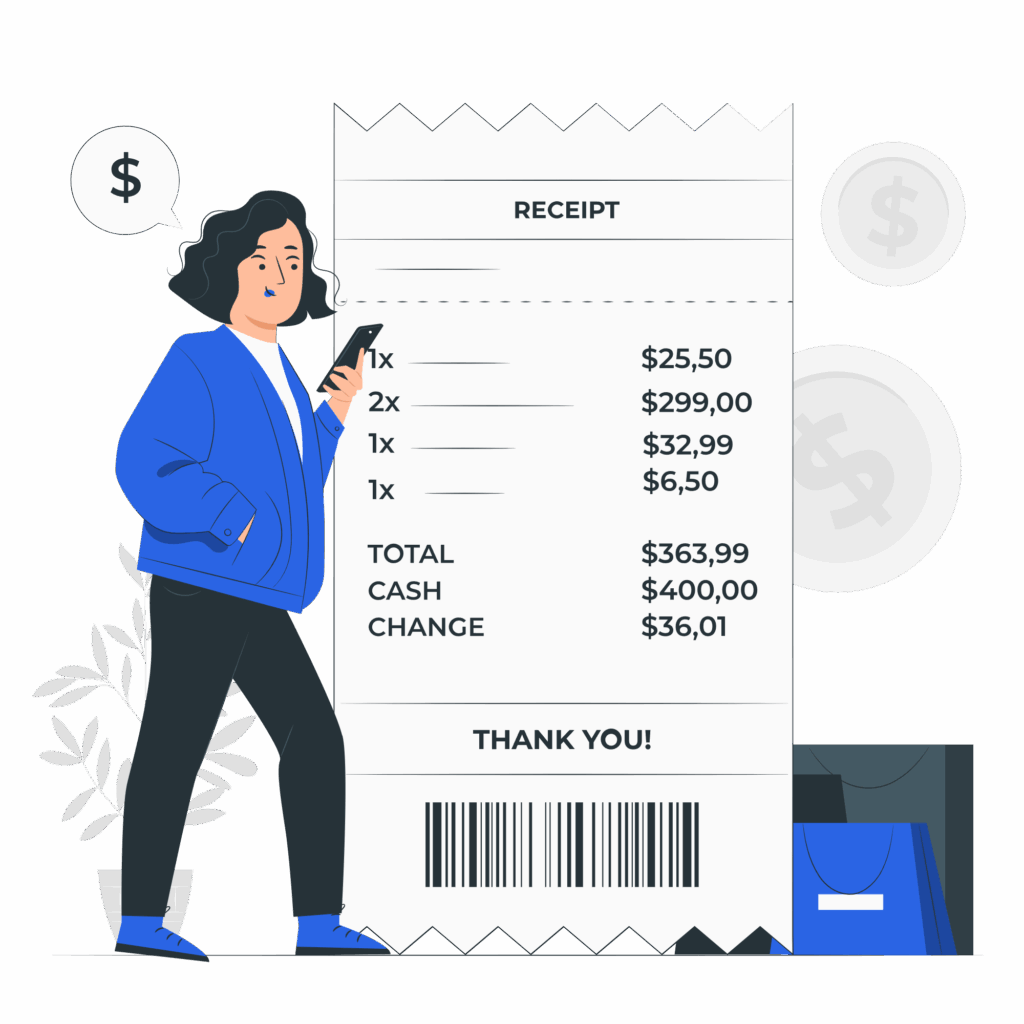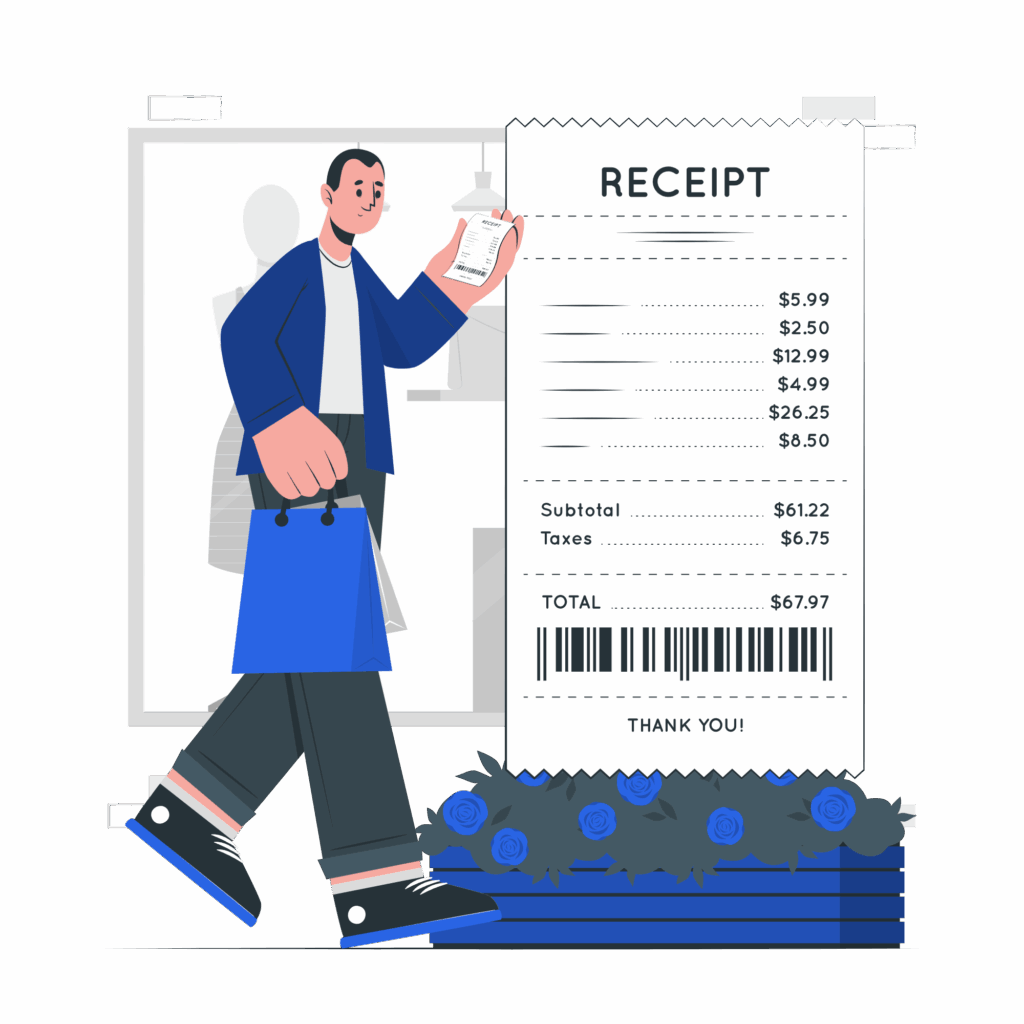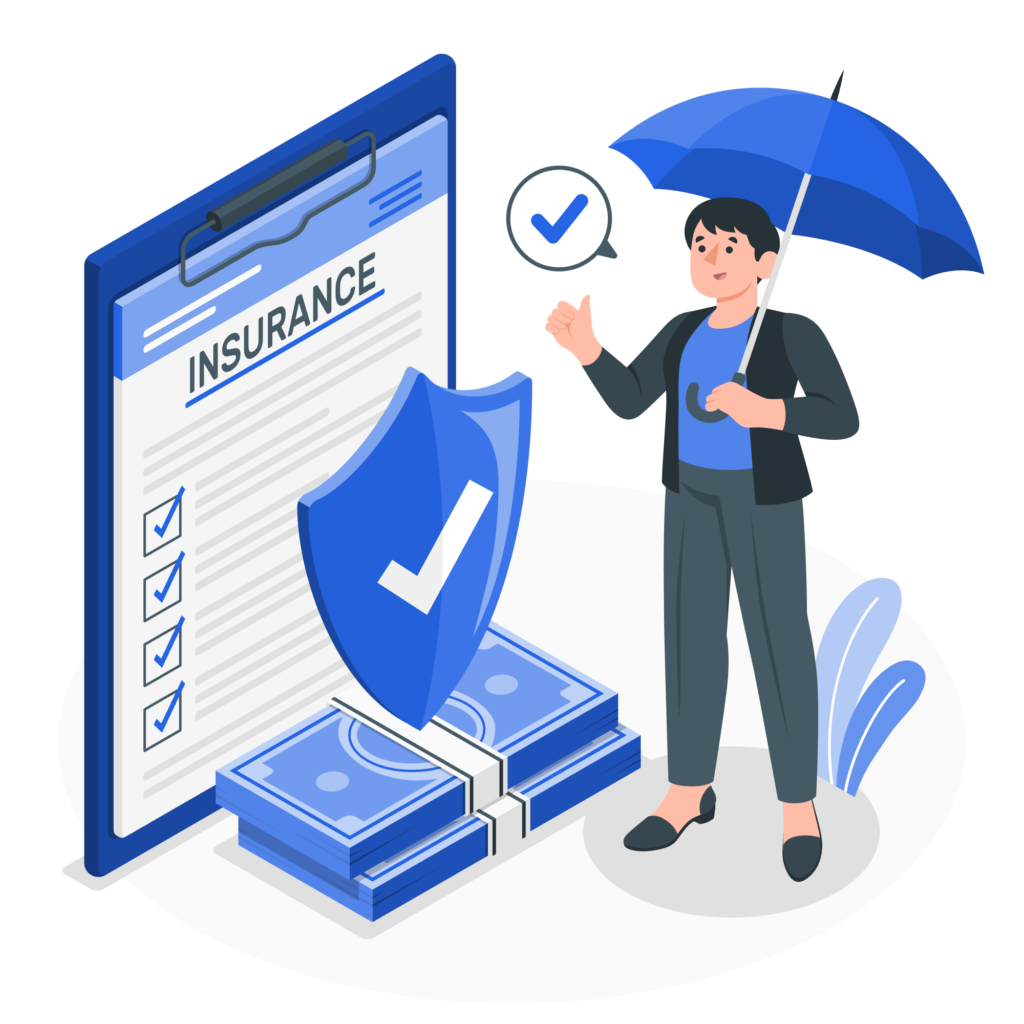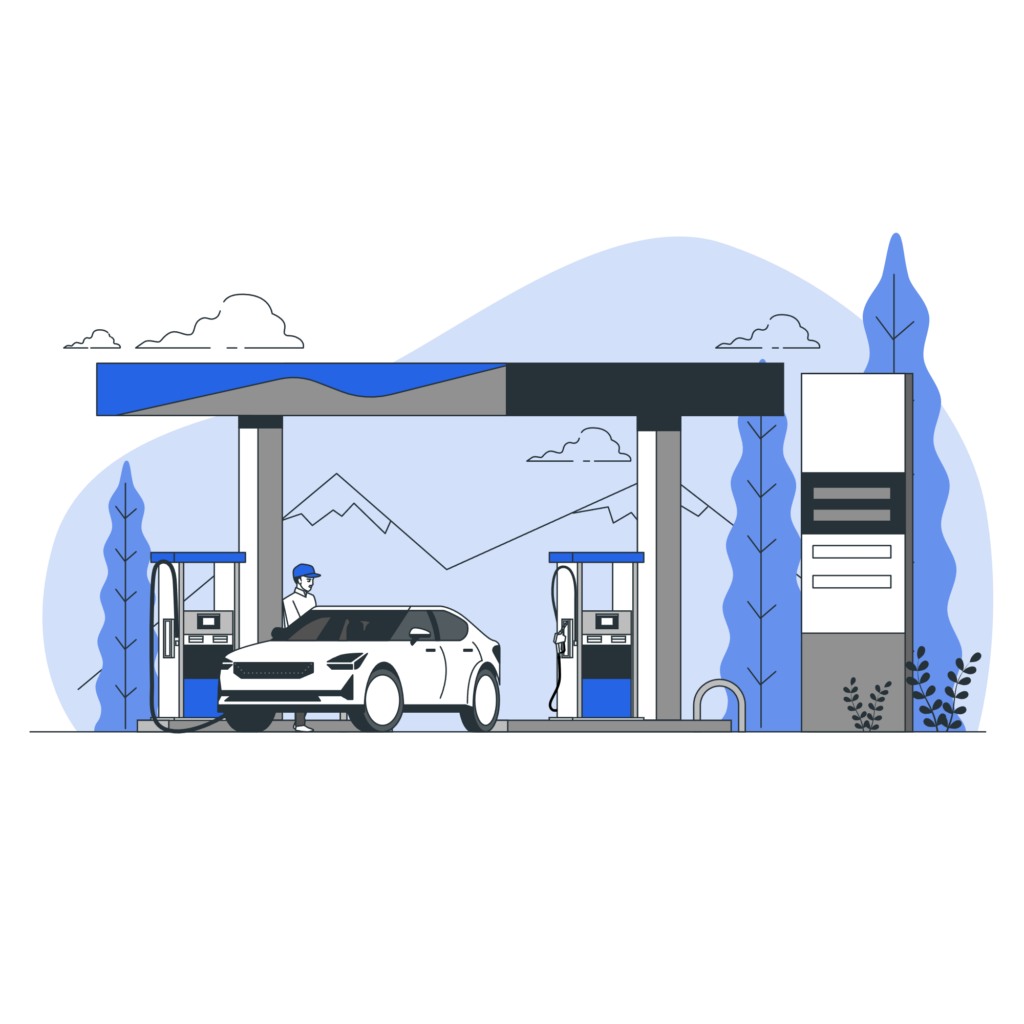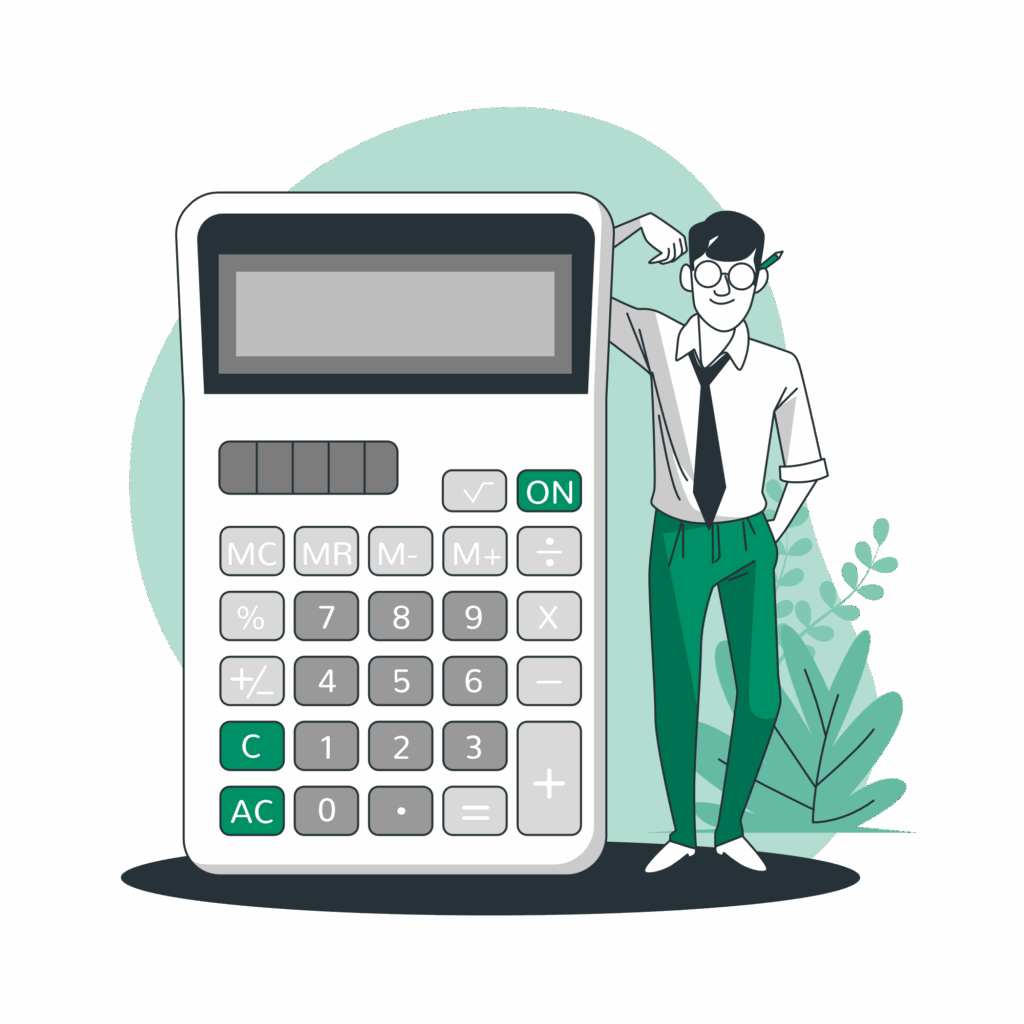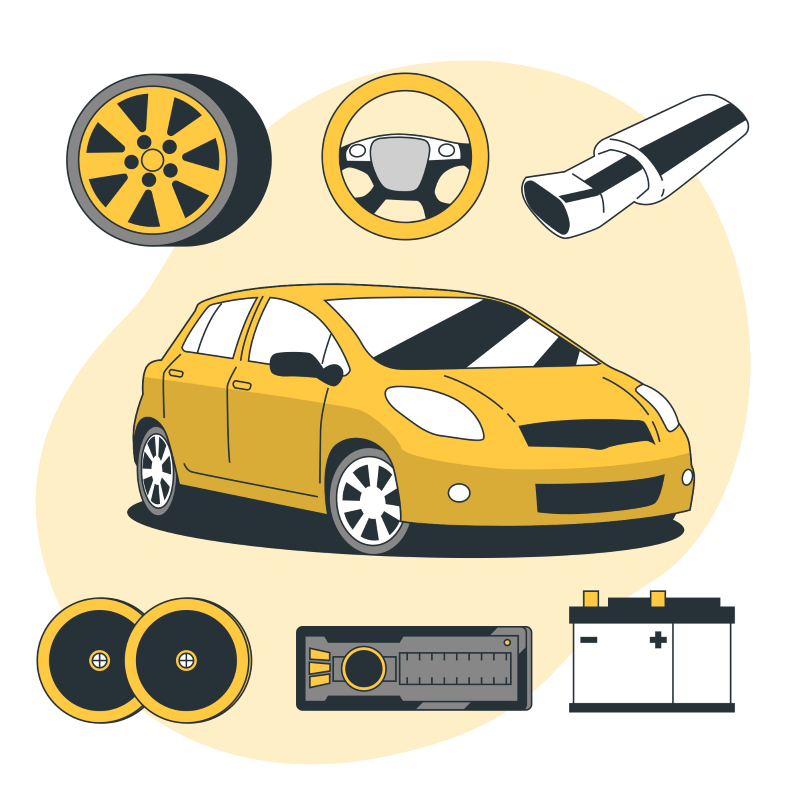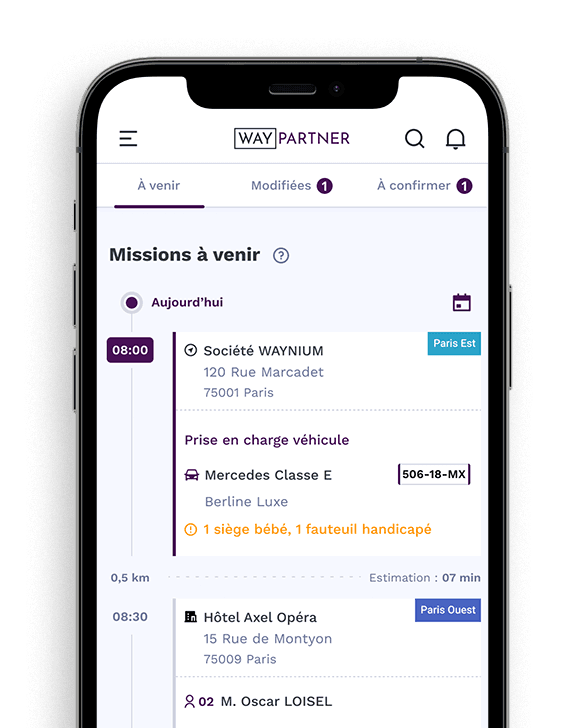When you're a VTC driver, if you want to earn more, you have to do more errands, and that's true, of course.
But there is another lever that is often poorly managed: optimise deductible expenses. By declaring your expenses correctly, you can optimise your net remuneration. You avoid paying tax on money that has already been spent on expenses.
Please note that this is not a case of 'cheating', but simply of not letting hard-earned euros slip away that you have every right to keep.
In a nutshell
- The deductible expenses are all those incurred in the direct interest of your business (vehicle, fuel, insurance, platform commissions, accounting, etc.), provided there is an invoice in the name of your organisation.
- The personal expenses (classic clothes, hairdresser, holidays...) don't go unnoticed. never. Beware of tax audits.
- The VAT plays a key role: it is deductible on your expenses (so you don't have to pay it on what you declare as expenses). What's more, you collect 10 % on your shopping but pay 20 % on most of your purchases, which often creates a VAT credit in your favour.
- In micro-businessThere is no charge-by-cost deduction, but a flat-rate allowance of 50 % is applied. You can opt for VAT, but you will still be taxed on your turnover.
What is (and is not) a deductible expense
For an expense to qualify as deductible, three conditions must be met:
- It must be committed in the interests of the company (passenger transport).
- It must be justified by a invoice in due formin the company's name (including SIRET).
- It must be recorded in your accounts on the corresponding financial year.
A simple rule: if it's not 100 % pro, do not deduct it.
A quick VAT reminder: you collect 10 % on your shopping, but most of your expenses (fuel, insurance, maintenance, leasing) are 20 %. As a result, you often receive a VAT credit, which the government refunds to you.
Deductible expenses that really count
The vehicle, your main tool
That's where the essential part comes in. You can deduce :
- Fuel or electric recharging, entirely for professional use.
- Maintenance and repairs: servicing, tyres, brakes, oil changes, batteries.
- Compulsory VTC insurance (professional civil liability + professional motor insurance), as well as useful options (glass breakage, 0 km assistance).
- The financing of the vehicle: LOA/LLD lease payments, loan interest if purchased, or depreciation if paid in cash (usually over 5 years).
- The cost of tolls and parking associated with races.
Tip: with a LOA/LLD, you don't have to pay VAT all at once, as it's included in the rental price.
Day-to-day operations
- Platform commissions: what you pay to Uber, Bolt or others is deductible.
- Your phone and your package: in full if used exclusively, or pro rata if used for both. The purchase of the phone can be written off if it exceeds €500.
- Useful apps and software: navigation, planning, accounting, office automation.
- Bank charges: business account, payment terminal, transfers.
Administration and management
- The fees of your chartered accountant or an accounting service.
- CFE (Cotisation Foncière des Entreprises), payable from the 2nd year.
- Registration, registry and legal announcement fees.
- Compulsory training (VTC card renewal, courses, refresher courses).
The office and domiciliation
- A reasonable share of the rent or charges (electricity, internet, heating) if you are domiciling your company in your own home.
- Proportional home insurance and small office equipment (computer, chair, printer), depreciable if necessary.
Hospitality and customer relations
- Small gestures (bottle of water, sweets, wipes): deductible if reasonable and proportionate.
- Business meals for executives: deductible in certain cases (distance from home, business meal with a partner, proof of guests).
What is not deductible (and false friends)
Some expenses, even if they seem "useful", are not passed on:
- Standard clothing (suit, shirt, tie). Only uniforms specific to the activity are allowed.
- Personal care: hairdresser, manicurist, gym.
- Disguised personal expenses: a full tank of petrol for a holiday cannot be charged as VTC expenses.
- Parking or speeding fines are considered personal by the tax authorities.
- Corporation tax: by definition, this is not deductible.
Conditions and pitfalls to avoid
- Mixing business and personal Open a dedicated bank account to avoid cold sweats in the event of an inspection.
- Lost invoices no supporting documents = no deduction.
- Mixed use For a telephone or accommodation, apply a reasonable co-payment.
- VAT anticipate the repayment period (shorter under the standard tax system than under the simplified system).
- Hospitality For example, offering a coffee is one thing, spending €500 a month on sweets is another.
Special case: the micro-enterprise
If you are a micro-business :
- No load-by-load deduction. The administration automatically applies a flat-rate allowance of 50 % for VTCs.
- You can opt for VATThis allows you to recoup 20 % on your purchases, but you are still taxed on your gross sales (after or before commission, which is still a sensitive issue depending on who you talk to).
- If your actual expenses are high, the actual scheme quickly becomes more advantageous.
To find out more
There are also tax tricks to optimise your income even further: training tax credit (up to €932), CESU and holiday vouchers, or even the shareholder current account if you sell your private car to your company. But that's another article.
Conclusion
Deducting your expenses is not about "scraping the State", it's simply about applying the rules of the game. The more rigorous you are about separating your business from your personal expenses and keeping supporting documents, the more you can legally reduce your tax bill. Good tracking means more net income without having to run an extra errand.
Glossary
Here are some useful terms to know and understand:
-
Flat-rate allowance reduction automatically applied to the turnover of micro-entrepreneurs to estimate their costs (50 % for VTCs).
-
Amortization spreading the cost of an asset (e.g. a vehicle) over several years.
-
CFE Cotisation Foncière des Entreprises, a local tax payable by all businesses.
-
Shareholder current account amount advanced by an executive to his company, which he can recover tax-free.
-
VAT credit Reimbursement by the State when the VAT paid on purchases exceeds the VAT collected on sales.
-
IS Corporation tax, paid by structures subject to this regime.
-
LOA / LLD : forms of vehicle leasing (with or without purchase option).
-
Share fraction of a mixed expense (e.g. internet, accommodation) attributed to professional activity.
-
RC Pro Professional civil liability covering damage caused to customers or third parties.
-
Actual system This is a tax system that allows actual expenses to be deducted one by one.
-
VAT Value Added Tax (10 % on VTC journeys, 20 % on most purchases).

